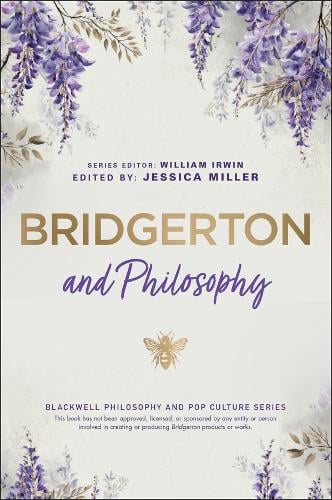I got an email letting me know about this and since it mentions romance, I thought I'd share the call for papers:
International Women’s
Writing Online Conference
Thursday 15th
to Friday 16th January 2026
Online
This online conference will be an interdisciplinary,
cross-period, and global exploration of the role and impact of women’s writing,
which is dedicated to the discussion of a broad range of women’s writing from
any time, period, and place. We will discuss the popular and the literary; bestsellers
and genres; poetry and prose; screen and script; writing for games and digital
spaces; creative non-fiction; life-writing, biography, and memoir; and journalism
and other forms of cultural production.
We will be thinking and talking about the pasts,
presents, and futures of women’s writing on a global scale. We will explore women’s
voices and artistic practices; the changing landscape of and about women’s
writing; forms and mediums; the archival and the digital; textual and sexual
politics; resistance and re-imaginings; interventions and intersections; and
all of this across a wide range of disciplines, time periods, and texts.
We hope you will join us for this exciting event,
which will bring together scholars, researchers, students, and enthusiasts to
share their research, insights, and perspectives in an open and inclusive
atmosphere. We welcome submissions for individual twenty-minute papers as well
as for full panels and workshops. And we are keen to explore women’s writing
from any time period, as well as in any genre or form. Subjects can include (but are not bound
by):
·
The portrayal and evolution of women’s writing across
different periods and genres
·
Archives and memorialisation
·
Pasts, presents, and futures
·
Women’s writing on page, stage, and screen
·
The poetics of women’s writing
·
Creative practices and performance
·
Writing place and space
·
Bestsellers and the popular
·
Women writing for the screen
·
Cultural, historical, and social contexts
·
Reframing history and envisioning futures
·
Traditional and digital forms of women’s writing
·
The global and the local
·
Autoethnography and authorship; memory and
memorialisation
·
The figure of the author: celebrity, fans, and
representations
·
Race, class, gender, and resistance
·
Activism and protest; freedoms and oppression
·
Writing technologies
·
Women’s writing and pleasure
·
Intersectionality and dualities
·
Women’s literary canon
·
The speculative and the imaginary
·
Women in and writing games
·
Crime Fiction, the Gothic, and Horror
·
Bonkbusters, Romance, and Erotica
·
The pre- and post-#MeToo landscape
·
Multicultural approaches and practices
·
Women’s writing and form
·
Women’s writing and the market
·
The economics and politics of women’s writing
Submissions:
Proposals should include a title, an abstract of
250–300 words, a brief biographical note (up to 100 words), and contact
details. Panel proposals are very welcome.
Please submit your proposals in a Word document to the
team at womenswritingassociation@gmail.com by 12th
December 2025 making it clear that this is for the online conference.
We encourage submissions from scholars at all stages of their careers,
including early career researchers, and postgraduate students.
Interdisciplinary approaches and innovative methodologies are welcome.
Please note that this will be a small online
conference and we will shortly have two CFPs out for in-person conferences,
which will be held at Falmouth University in June 2026 and Pescara University,
Italy in September 2026.
All participants will be given free membership of the
International Women’s Writing Association for a year.



%20(002).png)